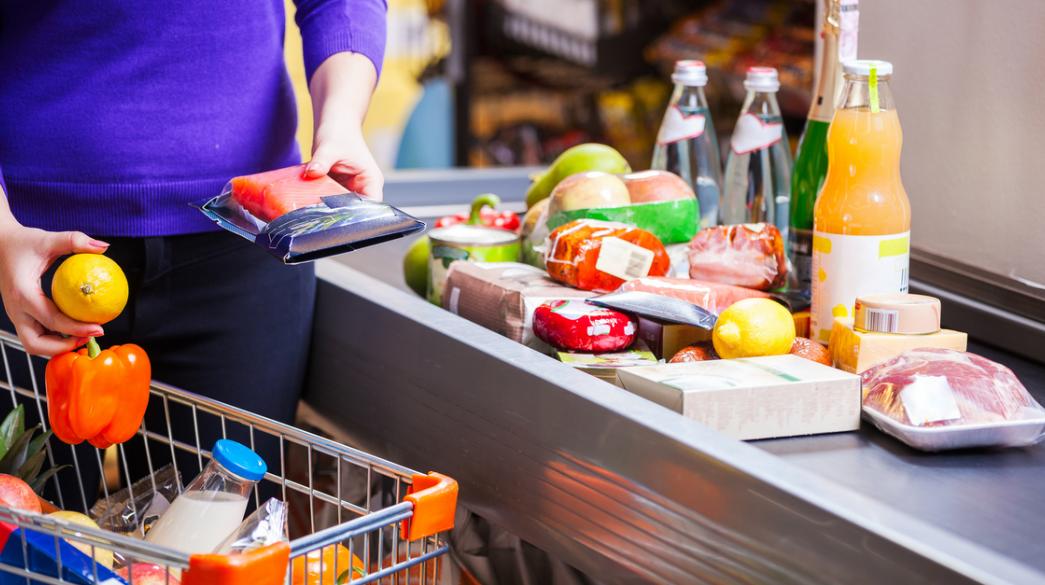"Last year, balance sheets lost money, lots of money," a reliable market source, speaking to BD, was saying, referring to the food sector and indirectly explaining the main reason why the price deceleration this year is not only extremely slow, but there are instances of revaluations during the year.
Indeed, prices of raw materials (e.g. cereals) and energy have fallen dramatically compared to the same period last year, but retail prices of products remain almost unchanged. And another source from a key category of the food industry told BD that, for example, flour prices since the beginning of the year have fallen by perhaps more than 20%, but the final prices of products using flour as a raw material remain stable.
The exception in this respect is the intensity of the promotions on supermarket shelves and in the refrigerators. That is all! The main argument for this paradoxical price stability is that the industries have stocks of raw materials, which they have purchased at high prices in advance and, when these run out, they will also reduce them. Although this is possible, it does not explain this phenomenon of price stability, nor does attributing it to the fact that it has a pan-European dimension.
On the contrary, the food price range now has exclusively Greek characteristics. As market sources said, the problem with high prices of raw materials began in May 2021 and worsened from March 2022 with the war in Ukraine. It is a fact that Greek businesses and especially the food industry had several difficult days last year. The equation of production costs and final prices caused strong headaches both in the companies' management and in their commercial departments. When declining consumption volumes and increasing sales of private label products were added to the equation, things became even more difficult.
One month companies wanted to protect their shares and didn't incorporate all the cost burdens and the next month they wanted to protect their EBITDA and their loan agreements with banks, not caring about their shares, and made a new, larger revaluation than the previous one. In the end, of course, most of them failed to save either their shares or their profitability. And that's why from the beginning of 2023 they went on ... crazy revaluations for two reasons: first, discounting the possibility of a continuation of the 2022 upheavals and, second, to improve their profitability.
Thus, they caused a shock to the market! When they found that the sales volume continued to decline and, more importantly, that the sales growth rate of private label products was accelerating even more, they started to use more and more the "tool" of offers. High prices became the norm, leaving a large margin for private label. It was at this point that the dairy sector sent the first signals by issuing new price lists with high reduction rates.
However, there was no follow-up. Food inflation continues to hover at high levels, at 11.6% in May and, if the forecasts come true, it will fall to around 10.5% in June and break 10% in July. Companies, each to their own, the sources said, are taking advantage of the common need to improve profitability and are delaying cutting retail prices. Indeed, it is expected that the tourist season will also increase sales volumes - the country's population doubles in July and August - and, as a result, any changes in their trading behaviour will be postponed until after September. Thus, they expect to make up at least part of the 2022 "breakage"!



